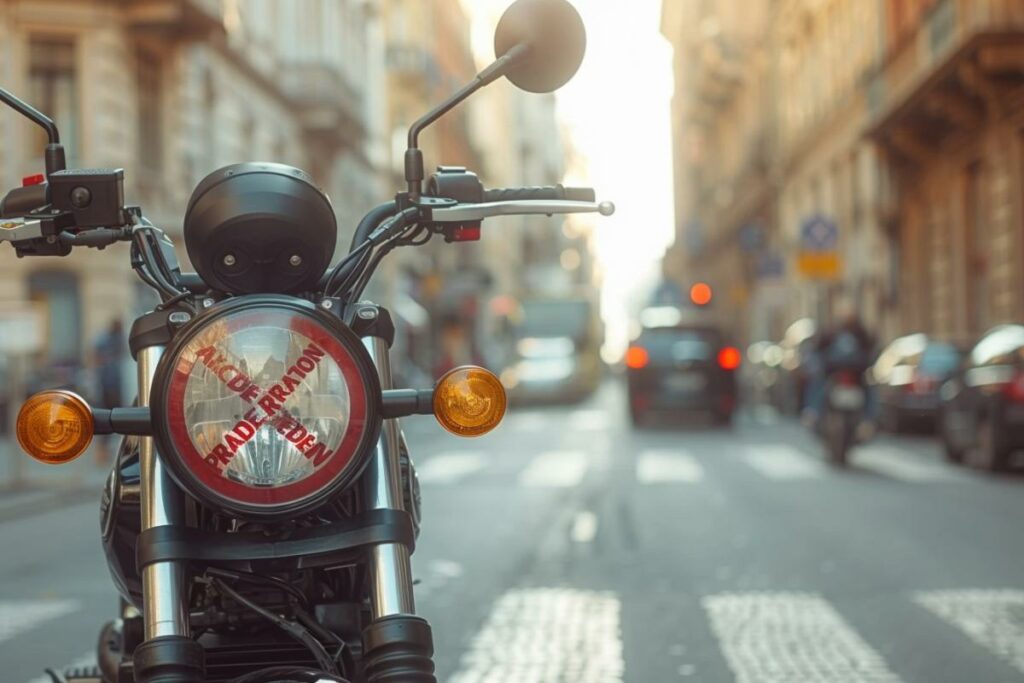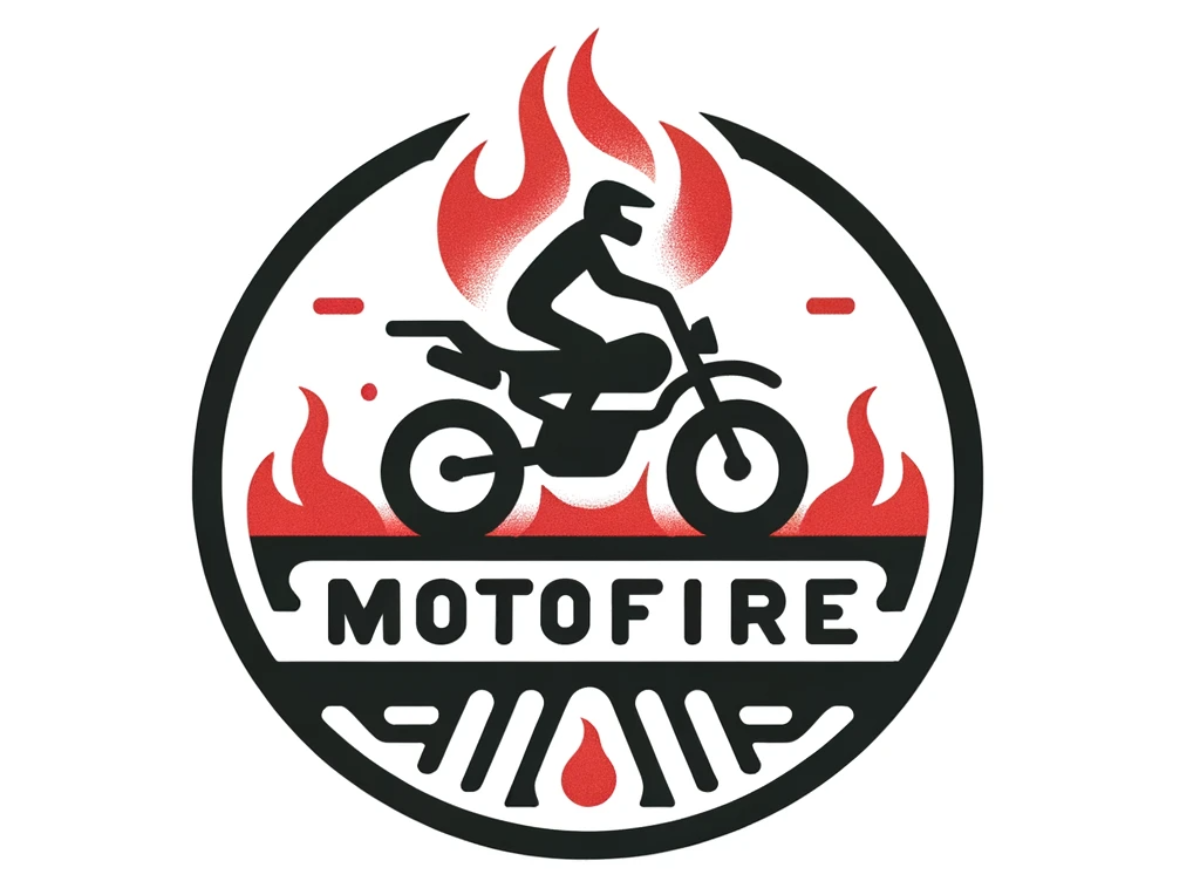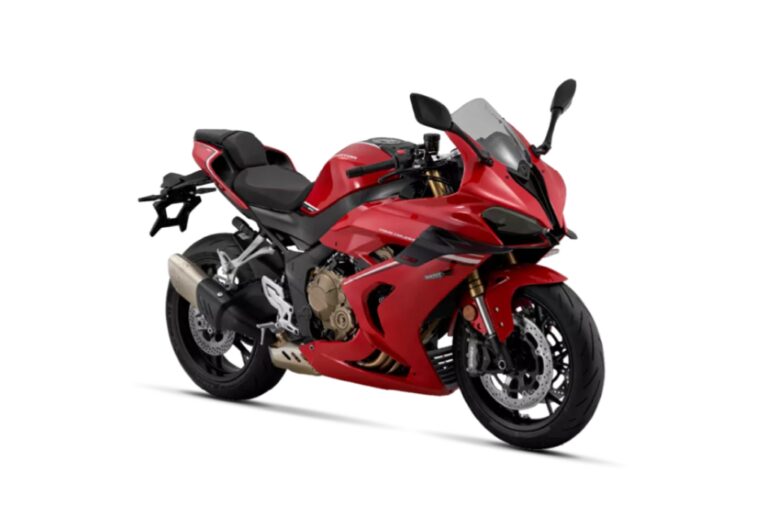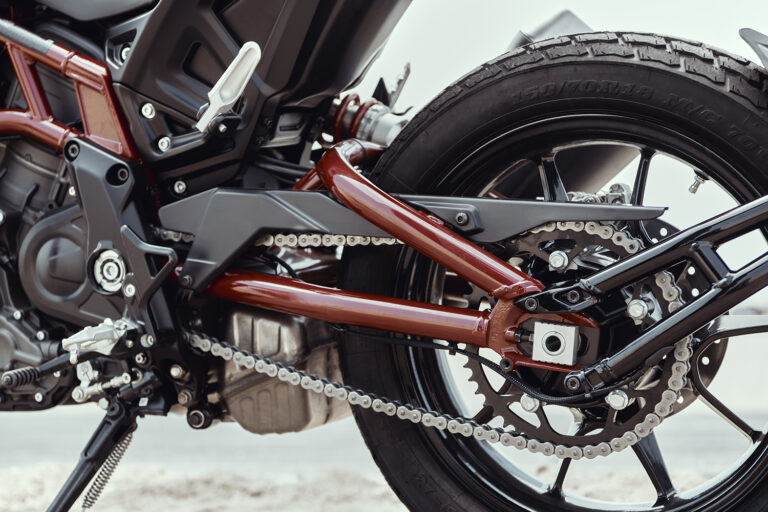2024: Is Your 2-Wheeler Banned from the Road? Find Out Why (and Avoid the Mistake)

France is on the verge of taking a critical turn to improve road safety for its users, particularly those who, like me, are passionate about the world of two-wheelers. Starting in 2024, vehicle inspections will become mandatory for this category, following a 2014 European directive. But what exactly does this mean for motorcyclists and scooter enthusiasts? Let’s dive into the details that will define this significant change.
Essential Inspections on the Horizon
I’ll be honest, mechanics and I don’t get along. But I know enough to understand the importance of a well-maintained vehicle (which is different from regular inspections). Starting this year, a thorough technical inspection of key components of our two-wheelers will become mandatory. Headlights, steering, tires, suspension, as well as the environmental impact, both noise and air: everything will be scrutinized. And guess what? Sometimes, you’ll even have to be present to help maneuver the bike during the inspection. I find that kind of amusing… actually, no, it’s quite ridiculous.
I remember a ride in the Pyrenees where my bike started making odd noises regarding the suspension. It reminded me of the importance of regular checks, but would a technical inspection have caught it? I doubt it.
Moreover, the inspection will also check for potential fluid leaks. It may seem trivial, but such issues can seriously jeopardize your safety and that of other road users. However, any self-respecting motorcyclist regularly checks and maintains their bike.
Inspection Results: What to Know
Implementing this inspection is theoretically a big step towards more safety (let’s agree that it’s largely a money grab). But practically, what are the possible outcomes after an inspection? If your bike is in perfect condition, you leave with a certificate of conformity. This means its condition was deemed satisfactory, and a stamp will be placed on the registration certificate.
If a major but non-critical defect is found, a follow-up visit will be required within two months. But be careful, in case of a critical defect indicating potential “safety” risks, your vehicle will be banned from circulating from midnight on the day of the inspection. And I don’t need to tell you that riding a non-compliant two-wheeler or without having passed the inspection can cost you dearly: up to 135 euros in fines.
Progressive Implementation
I can already hear the complaints about scheduling and delays. Don’t worry, the application of this new measure will be staggered to give us time to adapt. Starting April 15, 2024, motorcycles and scooters registered before January 1, 2017, will be the first affected. The inspection period will extend until December 31, 2024, with the oldest having until between April 15 and August 14, 2024, to comply. Then, those registered between April 2017 and the end of 2019 will follow in 2025, and those from 2020 to 2021 will be inspected in 2026.
As part of a plan for a smoother transition, here’s a small table summarizing these deadlines:
| Year | Registration Period | Inspection Window |
|---|---|---|
| 2024 | Before January 1, 2017 | April 15 – December 31, 2024 |
| 2025 | April 2017 – End of 2019 | Throughout 2025 |
| 2026 | 2020 – 2021 | Throughout 2026 |
| To be determined | Since 2022 | 4 to 5 years after registration |
This approach aims to ensure that everyone can prepare to meet the standards without haste or stress.
Preparing Your Two-Wheeler for Inspection
As I said, mechanics and I don’t mix. But that doesn’t mean I neglect the condition of my street bike or trail bike. To avoid unpleasant surprises on inspection day, there are some preventive actions to take. First, regularly check the condition of your vehicle, especially if you plan long rides. Then, don’t wait until the last minute to make necessary repairs. Sometimes, a simple adjustment can make the difference between a successful inspection and a major defect.
In any case, for me and many others, we don’t wait for inspections to take care of our bikes. However, some users (scooters?) will definitely need this.





